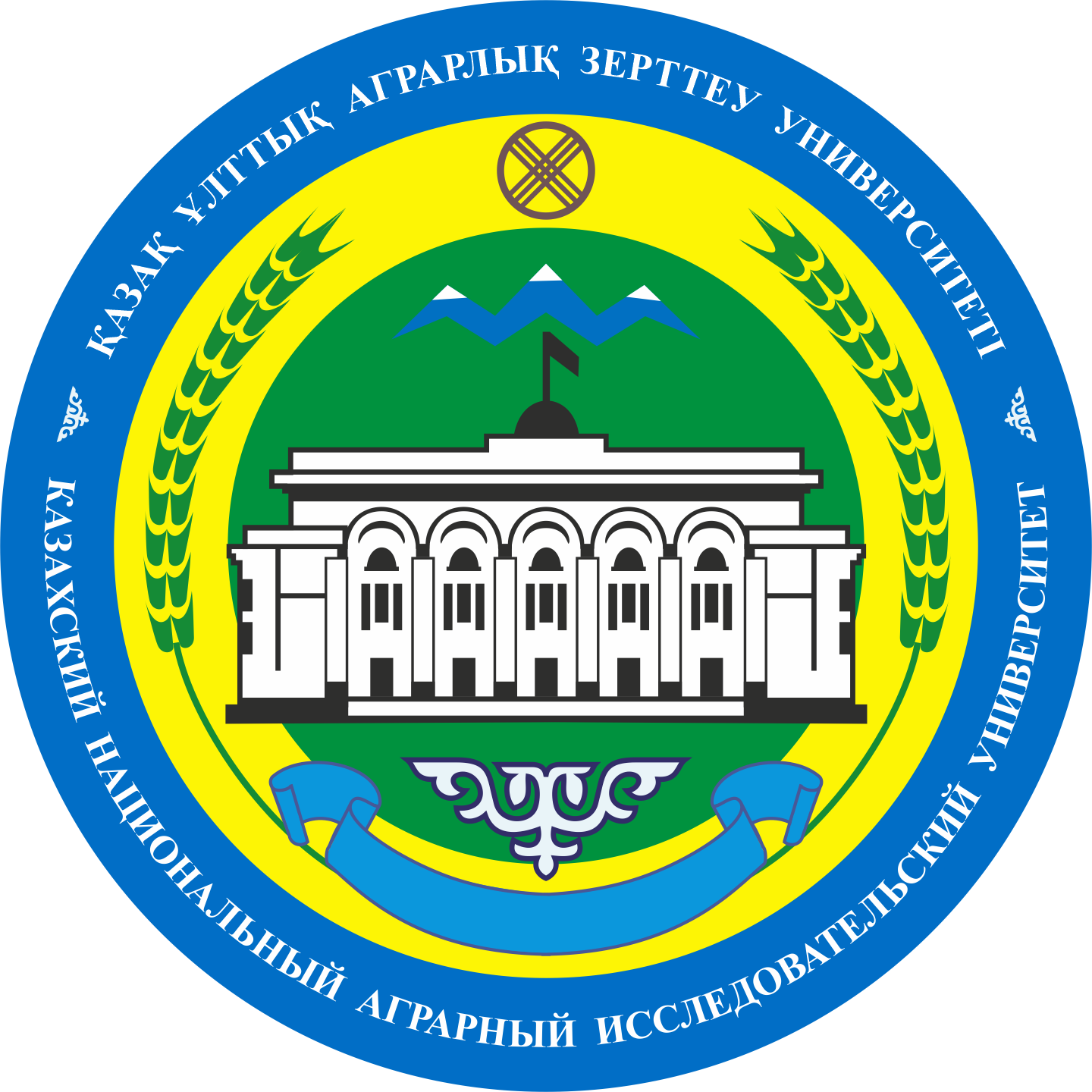
Kazakh National Agrarian Research University
SCHOOL OF VETERINARY MEDICINE
IN BIOLOGICAL SAFETYSUMMER 2022
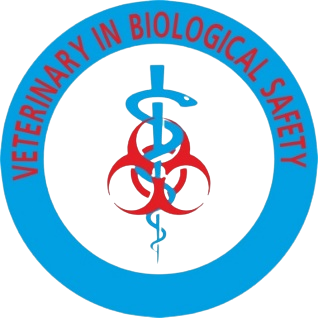


The Kazakh National Agrarian Research University continues to hold the traditional international summer school online and offline. The problem of biological safety in its significance, scale, and consequences is one of the most serious challenges of modern times and requires special attention from the international community as a whole, and from each state as a whole.
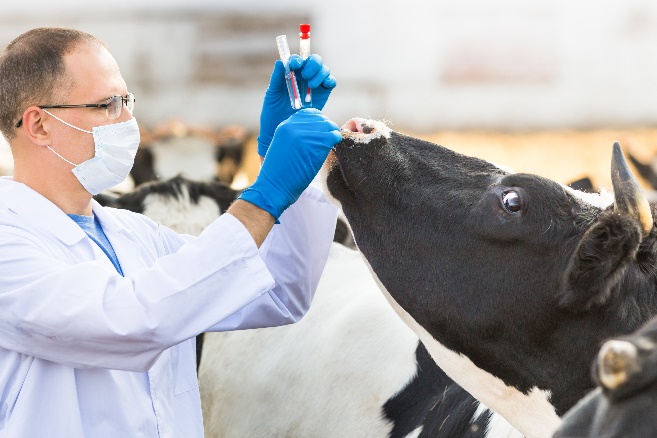
The biological security of the republic is a priority of national security, the appointment of its state power and sovereignty, an increased need for demographic policy, the need to choose a choice in favor of national security. This strategic goal is human health, animal protection, providing the population of the country with the consumption of animal and vegetable products.
In the veterinary legislation of many countries of the world, one of the tasks of the veterinary service is the protection of the population from diseases affecting humans and animals, ensuring the detection and quality products.
Biologically dangerous organs and their products prove to be dangerous not only for humans, but also for plants and natural resources, causing varying degrees of their manifestation or complete death, depriving a person of food products and other sources and opportunities for exposure.
It should be noted that there should be over 200 diseases occurring both in humans and in animals, mutually transmitted to each other and causing viruses, bacteria, rickettsia, chlam ydia, fungi, protozoa, helminths, etc. According to some data from epizootic bureaucracy and WHO, there are more than 500 thousand foci of human and animal diseases in the world caused by biological agents. Economic exhaustion from diseases disappears up to 20% of the cost of production in industrial countries and up to 40% - to a small extent. In this regard, the International Summer School "Biosafety in Veterinary Medicine" includes in its program a cycle of issues of veterinary metabolism and food safety that are relevant for many countries. There will be patterns of biological safety issues with monitoring and screening assessment of epizootic and epidemic morbidity in the country and abroad, determining the conditionality of the nosological profile of the contagious nature of people and animals
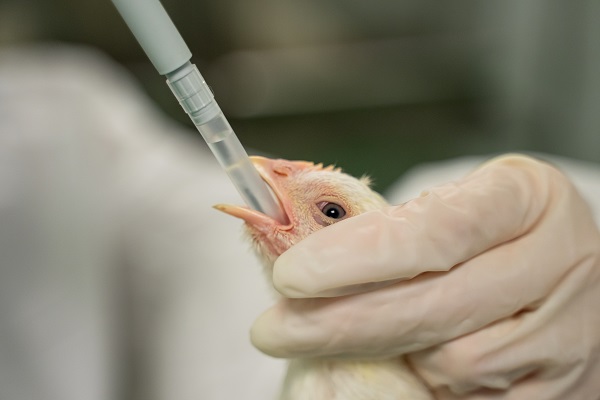
Sansyzbay Abylai Rysbayuly Director of the Research Institute of Veterinary Medicine at KazNAU, Doctor of Veterinary Sciences, Professor, Academician of the National Academy of Sciences of the Republic of Kazakhstan, Corresponding Member of the National Academy of Sciences of the Republic of Kazakhstan.
He has co-authored more than 430 scientific papers, including 111 patents and pre-patents for inventions. Co-authored 12 monographs and books, prepared 7 doctors, 17 candidates of sciences, 7 Doctors of Philosophy (PhD) and 9 masters. Currently, the supervisor of 2 doctoral students (PhD) and 1 master's degree. Under the leadership, fundamental research was carried out on soap, pasteurellosis, trichophytia, lymphangitis, streptococcosis, rhinopneumonia and tuberculosis, an inactivated (subunit) vaccine against horse soap and a highly effective drug "Etobic" for the treatment and chemoprophylaxis of this disease were developed. Under the leadership, several scientific and technical programs were initiated and implemented: "Brucellosis of cattle: monitoring of the epizootic situation, development of diagnostic and preventive tools" for 2012-2014; "Epizootological monitoring of the circulation of infectious diseases in the saiga population living on the territory of the Republic of Kazakhstan and the development of prevention methods" for 2012-2014"; "Monitoring and study of wild fauna in epidemiologically relevant regions for the carriage of dangerous pathogens and the development of comprehensive preventive measures to ensure the biological safety of the Republic of Kazakhstan for 2013-2015"; "Organization and conduct of preclinical and clinical trials of a trivalent split vaccine against seasonal influenza" for 2015-2017. KZ-33 "Middle East Respiratory Syndrome coronavirus (MERS-CoV): Surveillance of the spread and frequency of cases in Kazakhstan.
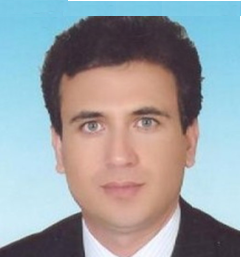
Doctor of Veterinary Sciense, Professor. Selcuk University, Faculty of Medicine, Department Microbiology, Konya, Turkey
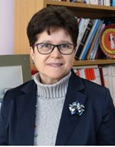
PhD, Professor Suleyman Demirel University, Faculty of Engineering, Department of Food Engineering. Turkey
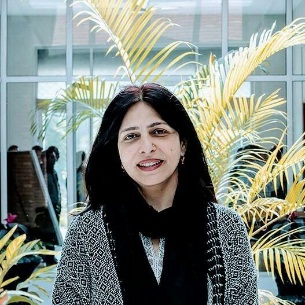
PhD, Professor, Department of Clinical Medicine, University of Veterinary and Animal Sciences, Lahore. Pakistan
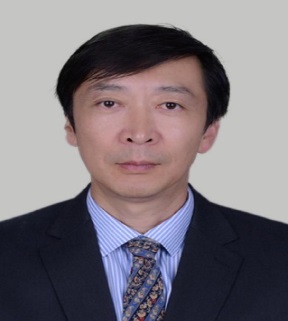
PhD, Professor, The college of Animal Husbandry and Veterinary Medicine, The Southwest Minzu University. Chengdu, P.R. China
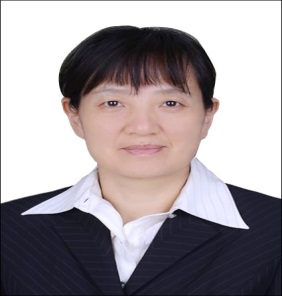
PhD, Professor, The college of Animal Husbandry and Veterinary Medicine, The Southwest Minzu University. Chengdu, P.R. China.
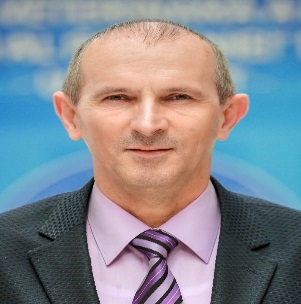
Professor, PhD, DVM, Department III-Clinical Education II Infectious diseases, preventive medicine and clinical lectures on species, Dean of Faculty of Veterinary Medicine, Banat’s University of Agricultural Sciences and Veterinary Medicine «King Michael I of Romania», Timisoara, Romania.
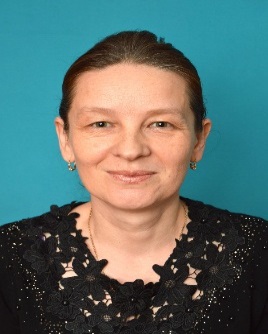
PhD, Doctor of Veterinary Medicine, Lecturer, Departament III-Clinical Education II Infectious diseases, preventive medicine and clinical lectures on species Avian pathology, Faculty of Veterinary Medicine, Banat’s University of Agricultural Sciences and Veterinary Medicine «King Michael I of Romania», Timisoara, Romania.
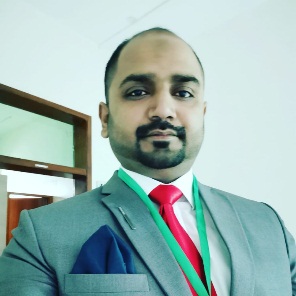
DVM, PhD (CAAS) PRC. Assistant Professor, Institute of microbiology, University of agriculture, Pakistan

Professor, PhD, Department of Microbiology, Istanbul University, Cherrapasha, Turkey
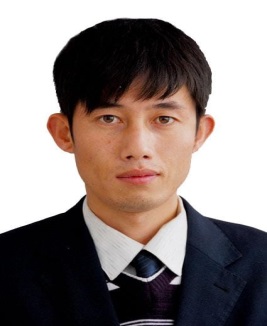
Ph.D, Associate Professor Lanzhou Institute of Husbandry and Pharmaceutical Sciences, Chinese Academy of Agricultural Sciences. P.R. China
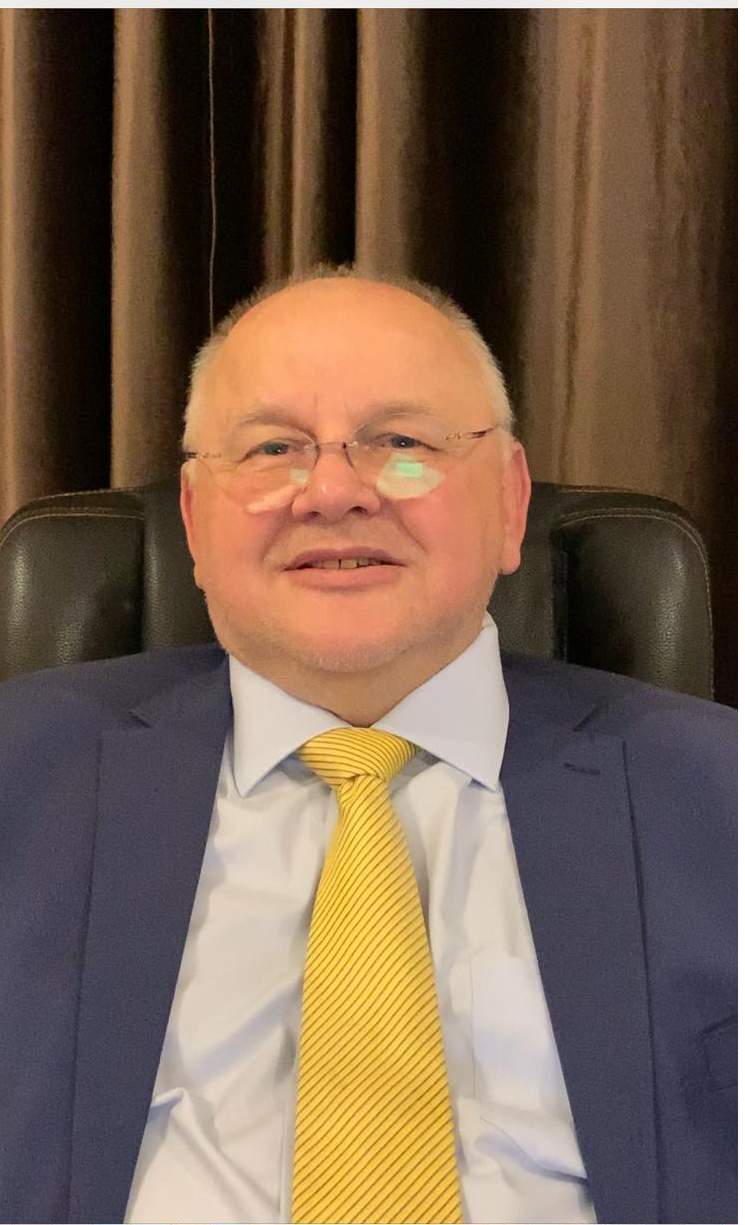
Assoc. Professor. Wroclaw University of Environmental and Life Sciences Department of Environment, Animal Hygiene and Welfare, Poland

Assoc. Professor. Wroclaw University of Environmental and Life Sciences Department of Environment, Animal Hygiene and Welfare

PhD of Natural Science in Biology, Associate professor Department of Preventive Veterinary Medicine. College of Veterinary Medicine. Northwest Agriculture and Forestry University. P.R. China
Those wishing to participate in ISS-2022 should send an application by May 25, 2022 (till 17.00, Almaty).
The ISS-2022 Coordinating Councils will screen applications and will send a letter of invitation to participants by May 27, 2022.
Candidates must confirm their participation in ISS-2022 by May 30, 2022.
Participation in ISS-2022, accommodation at the expense of KAZNARU
Download the event schedule by clicking on the button
download programm